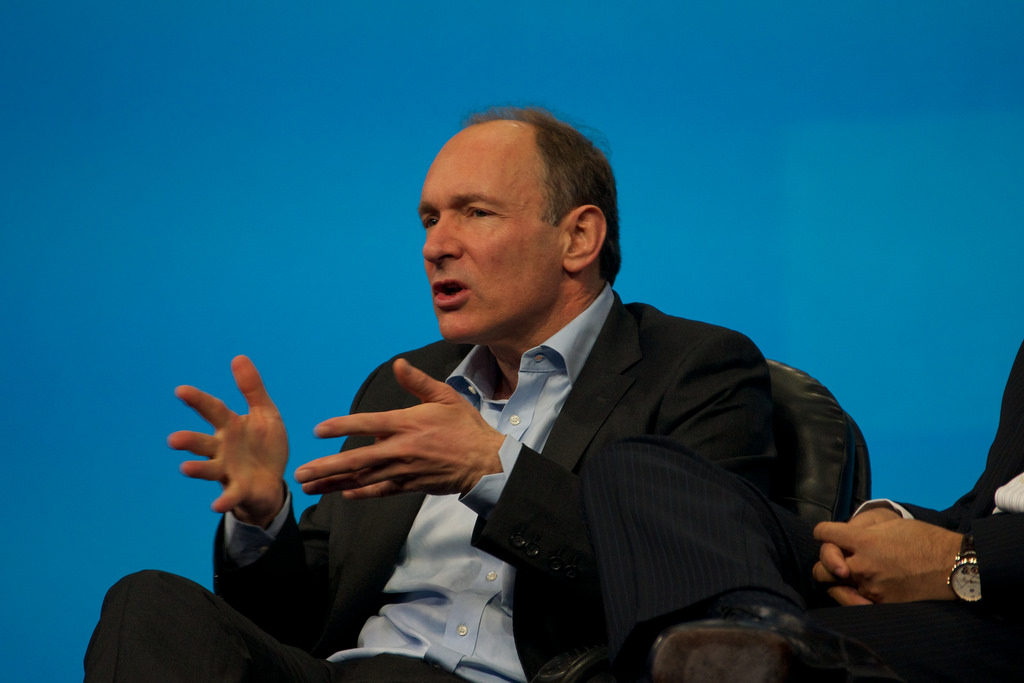 NEWS
NEWS
 NEWS
NEWS
 NEWS
NEWS
The Association for Computing Machinery on Tuesday made Tim Berners-Lee (pictured), the British-born inventor of the World Wide Web, this year’s winner of the prestigious Turing Award for his achievements in computer science.
The award, which is often referred to as the Nobel Prize for computer science, came with a $1 million cash prize courtesy of Google Inc. “It is hard to imagine the world before Sir Tim Berners-Lee’s invention, ACM President Vicki L. Hanson said in a statement. “In many ways, the colossal impact of the World Wide Web is obvious. Many people, however, may not fully appreciate the underlying technical contributions that make the Web possible.”
Berners-Lee said he was “humbled” after being told he was the recipient of the award, but in multiple interviews he expressed concern for the future of the web. In one such interview with The Guardian, Berners-Lee said the decision to allow Internet Service Providers to sell customers’ browsing history was “disgusting.”
“We are so vulnerable,” Berners-Lee told The Guardian, saying that he was shocked when he first heard about the Republicans’ decision. “There will be a massive pushback, and there must be a massive pushback,” he said.
On the same issue, he told the BBC, “We’re talking about it being just a human right that my ability to communicate with people on the web, to go to websites I want without being spied on is really, really crucial.”
In an interview with Wired, he said consumers would soon be frustrated over the loss of control over their data, saying we could be heading towards a decentralized Internet. “A tipping point could be reached where people will realize ‘that data belongs to me,’” he said.
In the same interview, he talked about how such a “wonderful creation” has become a plexus of untruth and rife with clickbait content. However, he has misgivings about allowing big tech companies such as Google and Facebook Inc. the power to decide what is fake and what is true. He points to the fact that Wikipedia, while not perfect, has succeeded thanks to oversight by a large community editing the site.
Support our mission to keep content open and free by engaging with theCUBE community. Join theCUBE’s Alumni Trust Network, where technology leaders connect, share intelligence and create opportunities.
Founded by tech visionaries John Furrier and Dave Vellante, SiliconANGLE Media has built a dynamic ecosystem of industry-leading digital media brands that reach 15+ million elite tech professionals. Our new proprietary theCUBE AI Video Cloud is breaking ground in audience interaction, leveraging theCUBEai.com neural network to help technology companies make data-driven decisions and stay at the forefront of industry conversations.